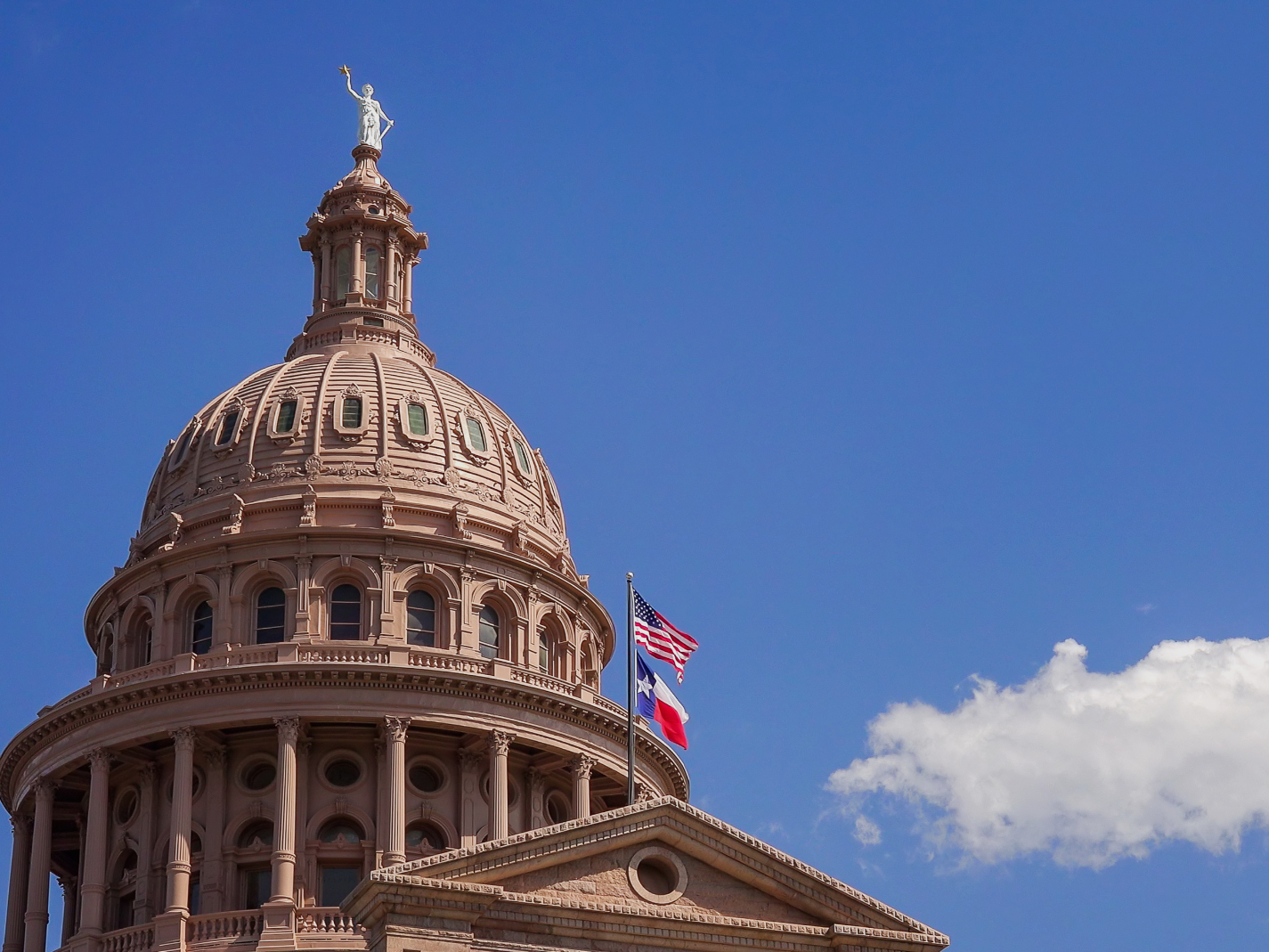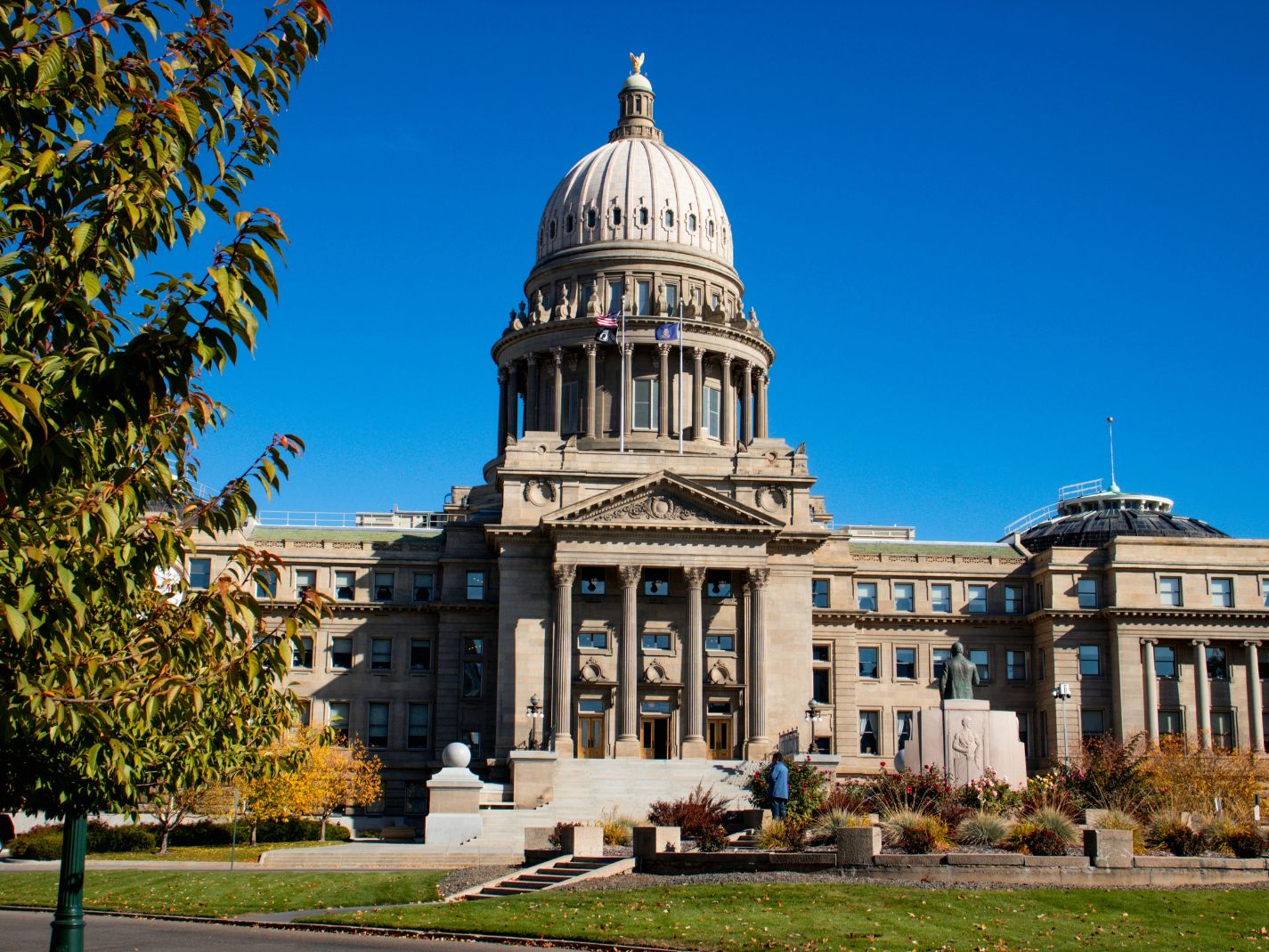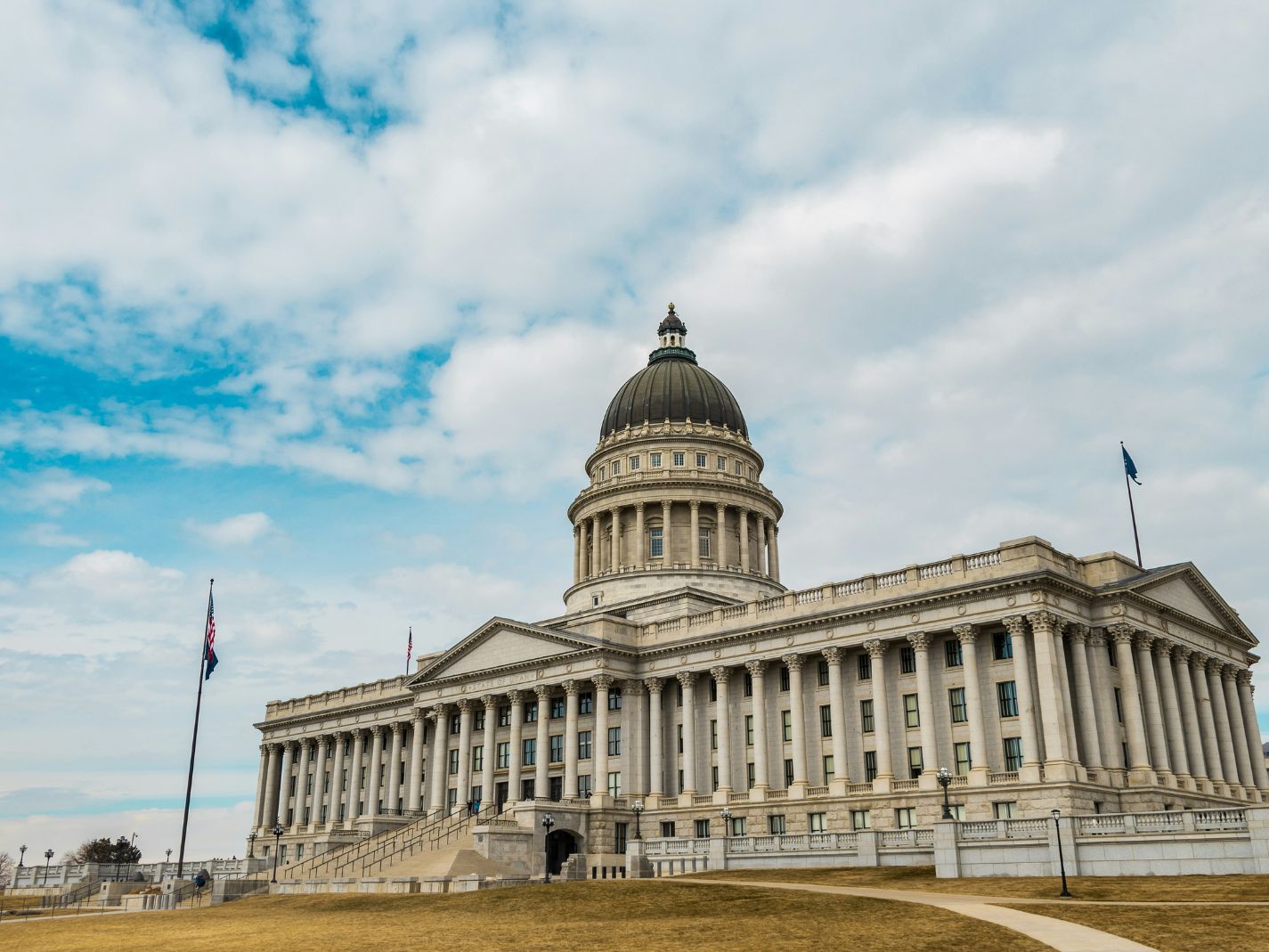Today’s edition of Resolute highlights the complicated bureaucracies that sustain the power of the radical education establishment, and the need for comprehensive, sustained reform to sweep away their tangle of definitions, rubrics, accreditations, and meddlesome personnel. Gubernatorial initiatives are a fine start, and stalled bills in state legislatures can be resurrected next year—but education reformers must prepare themselves for a generation-long battle against entrenched administrations. We will win, but we must do so by knowing the scale of the challenge we face.
Redefining Social Studies
The National Council for Social Studies (NCSS) has asked for comment from “social studies education stakeholders” on its revised definition of social studies, which now would include explicit mention of civic engagement, ethnic studies, and indigenous studies. The National Association of Scholars and the Civics Alliance have submitted a comment criticizing the previous definition of social studies, the proposed revision, and the NCSS’s College, Career, and Civic Life (C3) Framework for Social Studies State Standards, for their politicization, support of action civics, and lack of ambition to form national-minded Americans.
Our critique cited both American Birthright’s opening definition of social studies and the National Education Association’s (NEA) charter definition of social studies in America: “the social studies of the American high school should have for their conscious and constant purpose the cultivation of good citizenship. … High national ideals and an intelligent and genuine loyalty to them should thus be a specific aim of the social studies in American high schools.” The NAS and the Civics Alliance recommended that the NCSS entirely rethink its definition of social studies and revise that definition to accord with the spirit of the NEA’s charter definition of social studies, and with American Birthright.
The NCSS’ definition of social studies matters, as does its C3 Framework. These influence social studies instruction around the nation, formally and informally. Social studies teachers will default to the NCSS version of social studies. Education reformers must in the long run challenge both the NCSS’ politicized definition of social studies and its claim to represent the social studies teaching profession. The NAS and the Civics Alliance have submitted our challenge to the NCSS’ definition of social studies as a first step in this campaign.
DEI Liberation Legislation Spreads
Texas is about to join Florida in banning “diversity, equity, and inclusion” (DEI) in public higher education—assuming, as seems likely, that Governor Abbott signs SB17, which has now passed both the House and the Senate. Two of our most populous states will now officially have removed important elements of the authoritarian, illiberal, woke ideology from academia.
Officially. Both Florida and Texas still need to enforce these laws, despite certain nonfeasance and malfeasance on the part of college and university administrations. DEI bureaucrats must be removed from academic employment, no matter how well camouflaged—and diversity committees must be ended, departments scrutinized to make sure they don’t substitute (for example) “diversity job talks” for diversity statements, and every sort of subterfuge and bald-faced lie dealt with. Education reformers face a hydra; state laws give them weapons to fight the monster, but the battle must still be fought.
But we have weapons in Texas and Florida now, perhaps later this year in Ohio, and soon enough in states around the country. Victory will not be handed to us on a plate, but now we can achieve it.
Fresh Hells: AACU VALUE Rubrics
If you look at the University of Arkansas’ General Education Requirements (GERs), you will see that the legislatively mandated State Minimum Core only makes up half the GERs. The other half derive from general education learning outcomes, including one to “Expand diversity awareness, intercultural competency, and global learning.” Every gen ed course has to fit these learning outcomes, no matter what the state legislature mandates—and so a radical faculty and administration can nullify education reformers’ intent, even if the state legislature reforms the GERs.
“Learning outcomes” in higher education have been expanding for the last generation, and many of them derive from the Association of American Colleges & Universities’ (AACU) VALUE Rubrics. These have been steadily reshaping all of American higher education, by requiring instructors to remold their courses to fit the rubrics—which include mandates for radical politics.
Education reformers must be prepared to address an administrative jungle, grown to serve radical advocates in K–12 and higher education.
New Accreditation Reform Initiatives
Accrediting organizations possess great power to impose radicalization on colleges and universities, as a condition for access to federal grants and loans. Education reformers at both the federal and state level have begun to challenge their power. Senator Marco Rubio (R-FL) has introduced a bill that would block accreditors from considering DEI or quota policies. Representative Burgess Owens (R-UT), likewise, has introduced a bill that would prohibit accreditors from requiring colleges and universities to meet any political litmus tests. In North Carolina, a new bill that echoes Florida’s reforms has been introduced, which would require the states’ public colleges and universities to switch accreditors every accreditation cycle.
Accreditation is a formidably complex bureaucratic beast. The NAS has just published 10 principles and policies for accreditation reform—but even these only sketch part of what must be done. Education reformers must work at both the federal and state levels to ensure effective accreditation reform.
American Birthright Taskforce Act
The Civics Alliance has just published the American Birthright Taskforce Act, drafted by the National Association of Scholars. The Act provides model language so that state policymakers can create a social studies task force, appointed by the governor and the state legislature, to draft social studies standards based on American Birthright: The Civics Alliance’s Model K-12 Social Studies Standards. State policymakers may use this Act to establish American Birthright directly, rather than work through (too-often heel-dragging) state education departments.
The Act creates a social studies task force to draft social studies standards based on American Birthright—and which therefore can be tailored to suit the state’s own needs. The task force provides an opportunity for public input, its work product has to be approved by the education committees of both legislative houses, and every member of both legislative houses will have a chance to move amendments of the standard in detail. If the standards pass by concurrent resolution in both legislative chambers, then they are in effect for five years—at which point, they will be subject to review by a new task force.
Civics Alliance State Affiliates
The Civics Alliance is building a network of state affiliates—groups dedicated to removing action civics in their states, whom we will list on our website. We now have nine affiliates, in Alabama, Georgia, Massachusetts, Mississippi, Missouri, Ohio, Pennsylvania, Rhode Island, and Texas. If you would like to form such an organization, or suggest an existing organization, please get in touch with David Randall (randall@nas.org).
Monthly American Birthright Zoom Meeting
The Civics Alliance will have its monthly Zoom session devoted to social studies standards reform on Monday, June 26, at 2:00 PM Eastern Time. Please email randall@nas.org if you would like to join these monthly Zoom meetings.
Social Studies Standards Revision Schedule
2023/Current: Alaska, California, Connecticut, Idaho, Indiana, Kentucky (partial), Maine, Minnesota, Ohio, Oregon, South Dakota, Tennessee, Utah, Virginia, Wyoming
2024: Alabama, Arizona, Montana, Oklahoma, West Virginia, Wisconsin
2025: Kentucky, Nebraska, Texas
2026: Colorado, Maryland, North Dakota, South Carolina
2027: Hawaii, Kansas
2029: Louisiana
2031: Illinois
No Revision Currently Scheduled: Delaware, Florida, Georgia, Iowa, Massachusetts, Michigan, Missouri (but could change), New Hampshire, New Mexico, New York, Pennsylvania, Vermont, Washington
Waiting Confirmation: North Carolina (2021)
Please email David Randall (randall@nas.org) if you are interested in further information about your state’s social studies revision process, and what you can do to participate.
Continuing Priorities: Federal Legislation
At the federal level, the Civics Secures Democracy Act threatens to impose action civics nationwide.
The Civics Bill Tracker
Civics Alliance members may now use the Civics Bill Tracker to track all proposed federal and state legislation related to civics.
Public Action
We encourage Civics Alliance members to inform the public and policymakers about the stakes and consequences of action civics bills.
David Randall is Executive Director of the Civics Alliance and Director of Research at the National Association of Scholars.
Photo by Adobe Stock



